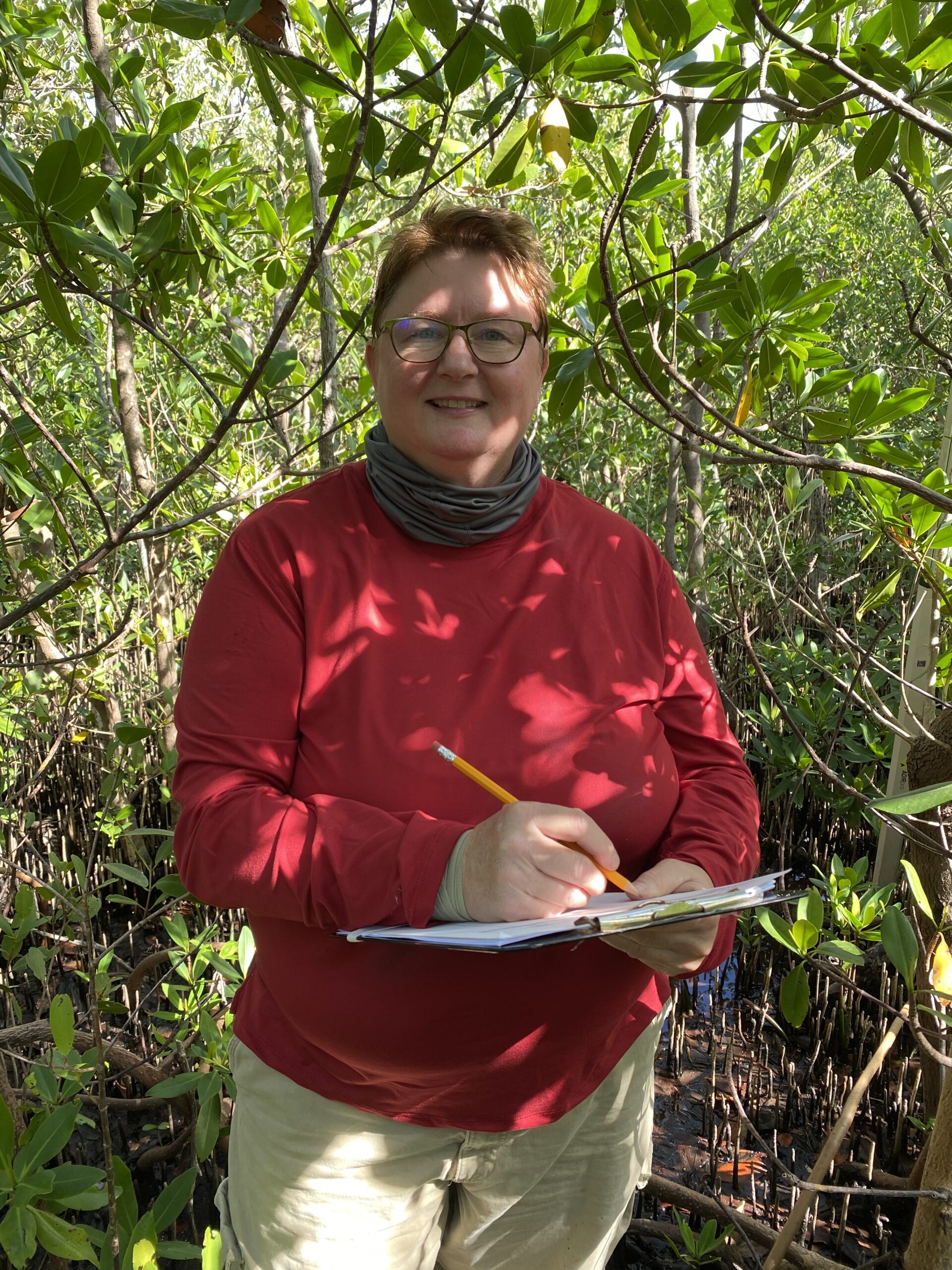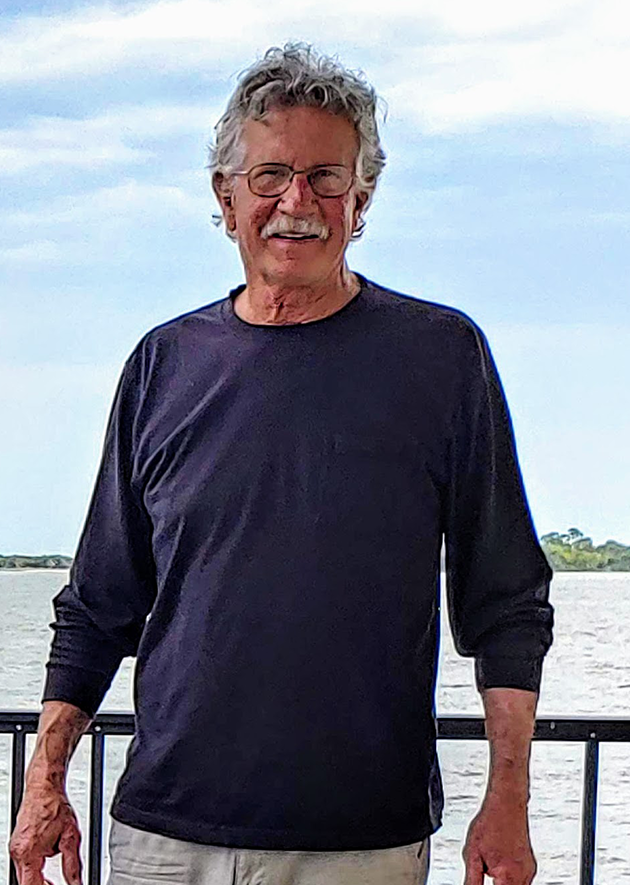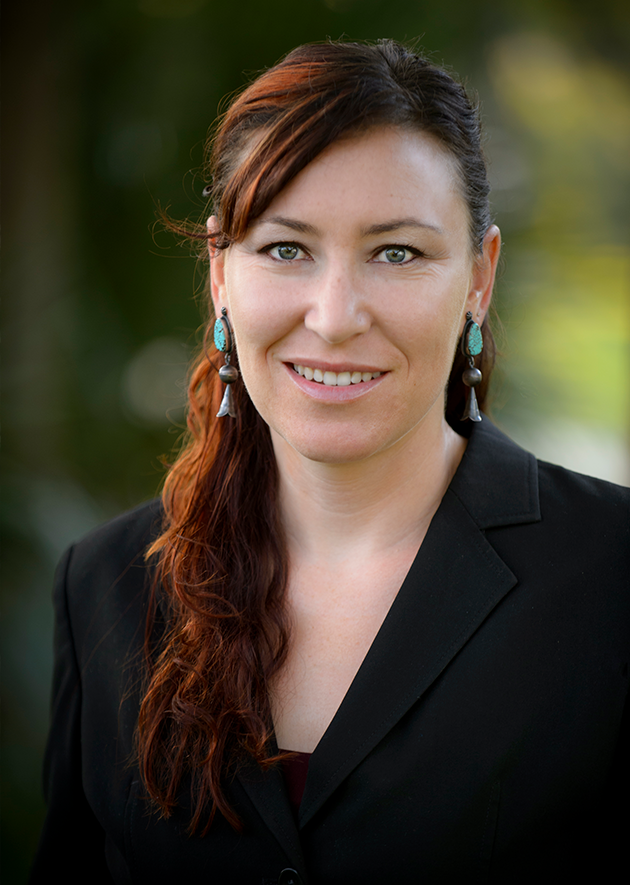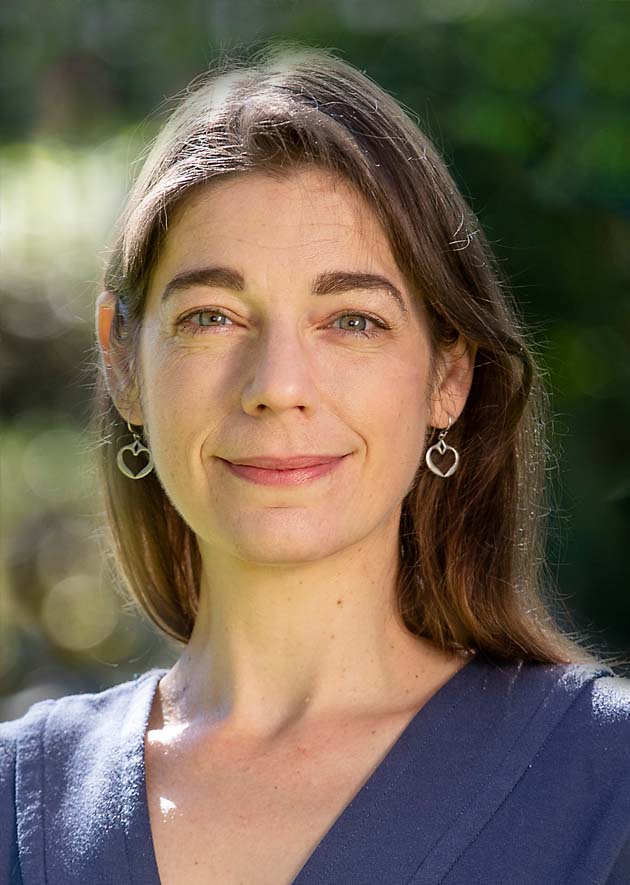![]()
Saving Our Precious Coastlines
Meet

Pamela Fetterman, President
Pamela Fetterman became President of Coastal Resources Group in January of 2024. She has 33 years of experience in environmental and ecological resource management, restoration, permitting, and water use regulation. Ms. Fetterman has extensive experience working in both coastal and freshwater wetland ecosystems throughout Florida and the Southeast beginning in 1989. Ms. Fetterman received her B.A in Environmental Studies from New College of Florida in 1992 and went on to receive her M.S. in Environmental Science and Policy from the University of South Florida in 2007. Throughout her career Ms. Fetterman has maintained full-time employment, with a cumulative 17 years of experience in the public sector and 18 years of experience in the private sector. Since 2013, Ms. Fetterman has owned and operated ecoGENESIS, LLC, a wetland consulting firm specializing in wetland restoration and mitigation design, permitting and implementation.
Notable coastal projects that Ms. Fetterman designed, permitted, and provided implementation oversite include the first successful tidal wetland mitigation bank permitted and implemented in Texas, the Gulf Coastal Plains Wetland Mitigation Bank, Phase 1, and Willow Lake Wetland Mitigation Bank within the Louisiana Coastal Zone that restored freshwater and intermediate marsh to historic marsh converted into improved pasture. Ms. Fetterman also has more than 15 years of experience in wetland restoration and mitigation design for freshwater forested and herbaceous systems throughout the Southeast. Over the years, Ms. Fetterman has accumulated broad experience in many water resource, environmental and ecological sectors, with the last 20 years focused on wetland delineation and functional assessment, permitting, and wetland restoration/mitigation design and implementation. She also served on the Ecological Restoration Business Association (ERBA) Board of Directors from 2014 until 2020, a key player in the ecological restoration and wetland mitigation space. Ms. Fetterman deeply appreciates the excellent work that Coastal Resources Group has accomplished over the years in South Florida and will be continuing to build on this legacy of success shepherded by Ms. Flynn and the CRG Board in the coming years as South Florida faces greater coastal resiliency challenges and restoration opportunities.

Curtis Kruer, Vice President
Mr. Kruer earned his Master of Science degree from the University of South Florida College of Marine Science in 1977 and conducted his thesis research on macroalgae of rocky outcrops 12 miles offshore from Tampa Bay. He began his professional career in the Indian River Lagoon in the mid-1970s and later spent 11 years working for state and federal wetland regulatory agencies in the Keys.
Restoration and protection of unique wetland and shallow water habitats in South Florida have been a primary focus of Mr. Kruer’s conservation work as an independent contractor since 1988. As manager of the successful Florida Keys Environmental Restoration Trust Fund during the 1990s, he managed numerous restoration projects throughout the Keys. He led or participated in early projects to map and define wetlands throughout the Keys and nontidal wetlands in the Lower Keys; map prop scars throughout the Keys; map and eradicate invasive exotic vegetation; map mosquito ditches; and construct and monitor bridge rubble and other artificial reefs. Working with the state of Florida and the National Oceanic and Atmospheric Administration (NOAA), he has mapped coral reef ecosystem habitats throughout the Keys, Biscayne National Park, Puerto Rico, and the U.S. Virgin Islands. Mr. Kruer has assisted in the preparation of numerous litigation and court cases and provided expert testimony in state and federal courts related to the protection and management of Florida’s coastal wetlands and shallow water habitats. Recently, Mr. Kruer and Coastal Resources Group assisted with seagrass restoration projects in Tampa Bay and assisted Everglades National Park in defining the extent and significance of the boating impact issue in Florida Bay.

CEO of Tierra Resources
Dr. Sarah K. Mack is the President and CEO of Tierra Resources, the Executive Director of Tierra Foundation, and Board Member of Coastal Resources Group. She is a leader in the movement to monetize wetland carbon offsets and focuses on innovative approaches to address the global challenges of climate mitigation while reducing climate risks to humans, ecosystems, and infrastructure. Dr. Mack received the American Carbon Registry’s 2013 Innovations Award for her work as the lead author of the methodology, Restoration of Degraded Deltaic Wetlands of the Mississippi Delta. This was the first certified methodology globally for creating and monetizing carbon offset credits from wetland restoration activities.
More recently, Dr. Mack was awarded the American Carbon Registry’s 2017 Innovations Award for her development of a carbon protocol to quantify the carbon reductions from restoring wetlands in California. This methodology led to the development of the first verified wetland restoration carbon offsets in the Unites States. Dr. Mack holds a Bachelor of Science in Chemistry from Fort Lewis College, a Master of Science in Public Health focusing on Toxic and Hazardous Waste Management, and a Ph.D. in Global Sustainable Resource Management from Tulane University School of Public Health and Tropical Medicine. Dr. Mack also is an ASFPM Certified Floodplain Manager.

REASEARCH Lead SC Sea GRANT CONSORTIUM
Dr. Brita Jessen is the first Interdisciplinary Research and Partnerships Lead for the South Carolina Sea Grant Consortium. Her role is to build relationships and long-term investments across academic, private, government, and local communities, and to ensure that coastal management includes equity and inclusion of local voices. Brita leads programs focused on coastal resilience, management decision support, conservation financing, and co-production of science with local knowledge. She teaches and mentors graduate students as an adjunct faculty at Florida Gulf Coast University, is an adjunct researcher at the College of Charleston and courtesy faculty at Florida International University.
While a student at the Graduate School of Oceanography, Brita was a 2008 Coastal Institute IGERT Program fellow and a graduate research fellow with the Jobos Bay National Estuarine Research Reserve (NERR) in Puerto Rico. Prior to joining the Consortium, Brita was the research director for the Rookery Bay NERR in southwest Florida where she oversaw a team of scientists and collaboratively led grant-funded programs in restoration science, fisheries, habitat change, and human-ecological systems. A native of New England, Brita and her family now call Charleston, S.C. home.

